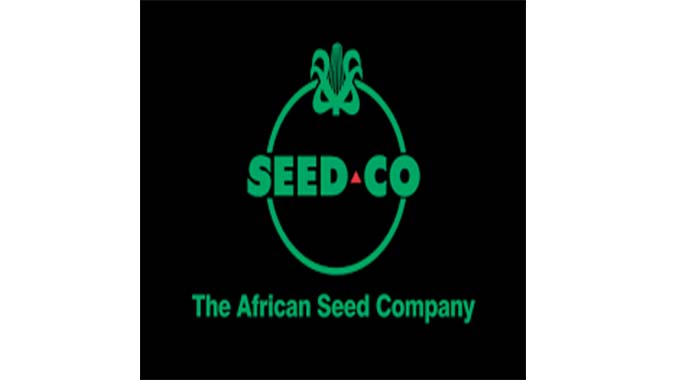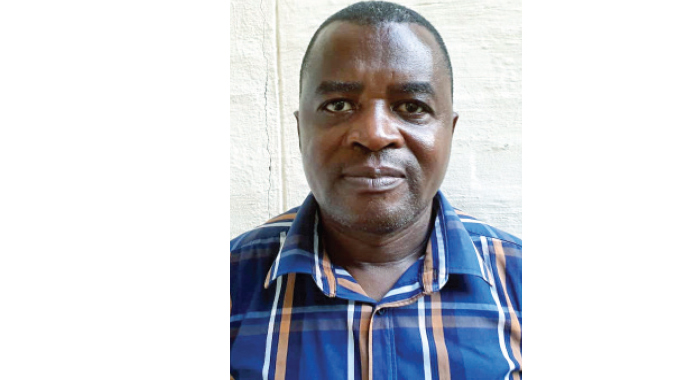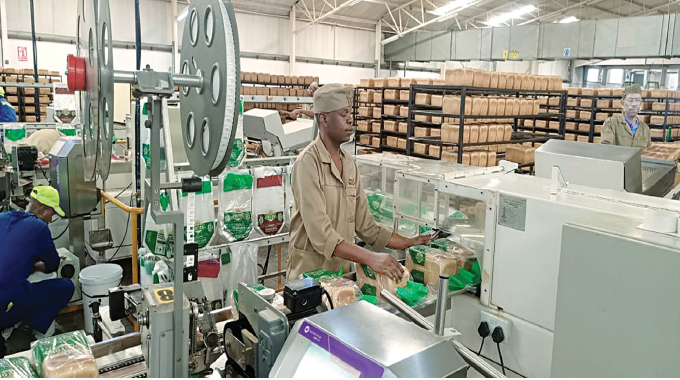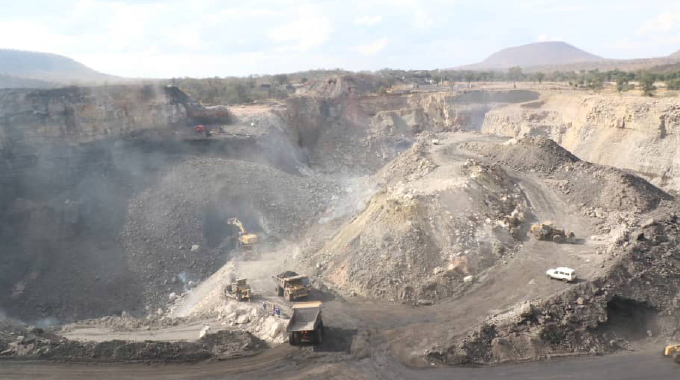SeedCo expands regional market footprint

Bongani Ndlovu, Business Reporter
GIANT seed producer, Seed Co Limited, is on an aggressive expansion drive across Africa having set up seed processing plants, warehouses and handling facilities in Nigeria and Zambia.
The company develops and markets certified crop seeds, mainly hybrid maize seed, wheat, soya bean, barley, sorghum and groundnut seeds.
Presenting the Seed Co International Limited half-year results for the period ended 30 September 2021, group finance director Mr John Matorofa, on Tuesday said there was a need to increase input supply to assist food security restoration after most countries in the region were affected by the Covid-19 pandemic.
He said the normal to above normal rainfall forecast for Southern Africa and below normal rainfall for several regions in East Africa, provide insight to the opportunities availed.
Mr Matorofa said sharp increases in fertiliser prices globally were expected to adversely impact planting activities and margins while political instability in Ethiopia, Sudan and some Francophone West Africa regions was hindering business development.
“Weakening regional currencies, save for Zambia, are adversely impacting value preservation,” he said.
Mr Matorofa said Seed Co has released five new maize hybrid varieties in Zambia that will also be released to other markets.
“SC733 launched in Zambia to complement and gradually replace SC701 as a green mealie variety. There are advanced stages to release soybean variety SC Signal in Nigeria and expect to release three soybean varieties in Ethiopia next year based on ongoing trials,” he said.
“Seed Co is continuing rice hybrid trials in Southern, East and West Africa and has already started pilot commercial sales in Malawi, Tanzania, Nigeria and Zambia.
“Potato and cowpea hybrid registration trials are on-going and Seed Co is working to introduce Canola Jazz in regional markets after pilot production in Zimbabwe and continuing to screen and introduce new vegetable hybrids Group wide,” said Mr Matorofa.
He said product availability was somewhat affected by late season heavy rains last season in Southern Africa and Nigeria and a drought in Kenya.
Mr Matorofa said there were shortages in some seed varieties and to mitigate this, this season’s production is planned to address key varietal shortages and stockouts in Kenya and Nigeria.
He said there was a 4 000 square metre handling and warehouse facility as well as seed dryers in Mukushi Zambia that were constructed and will be ready for use in May 2022 to enhance early seed harvesting and grading capacity.
“In Nigeria, a new processing plant was installed to address capacity and efficiency production challenges caused by heavy rains last season have seen the SBU out of stocks and an adverse impact on this year’s sales plan.
“Current production expected to be harvested this December is anticipated to bring back this year’s sales plan on track,” said Mr Matorofa.
He said in Mozambique there are good prospects, with a growing order book and sales activity.
The ongoing conflict in Ethiopia has stalled the planned commencement of operations. In Ghana and Francophone West Africa, a newly established JV targeting 13 countries in West and Central Africa is now operational, and sales orders have started coming through,” said Mr Matorofa.
“Product promotion and demand creation are in full swing albeit affected by Covid-19 and instability in some of the countries like Mali and Burkina Faso.”
He said the key focus areas to year-end is to ride on the market stability and positive sentiments, mainly in Zambia. – Follow on Twitter @bonganinkunzi,.











Comments